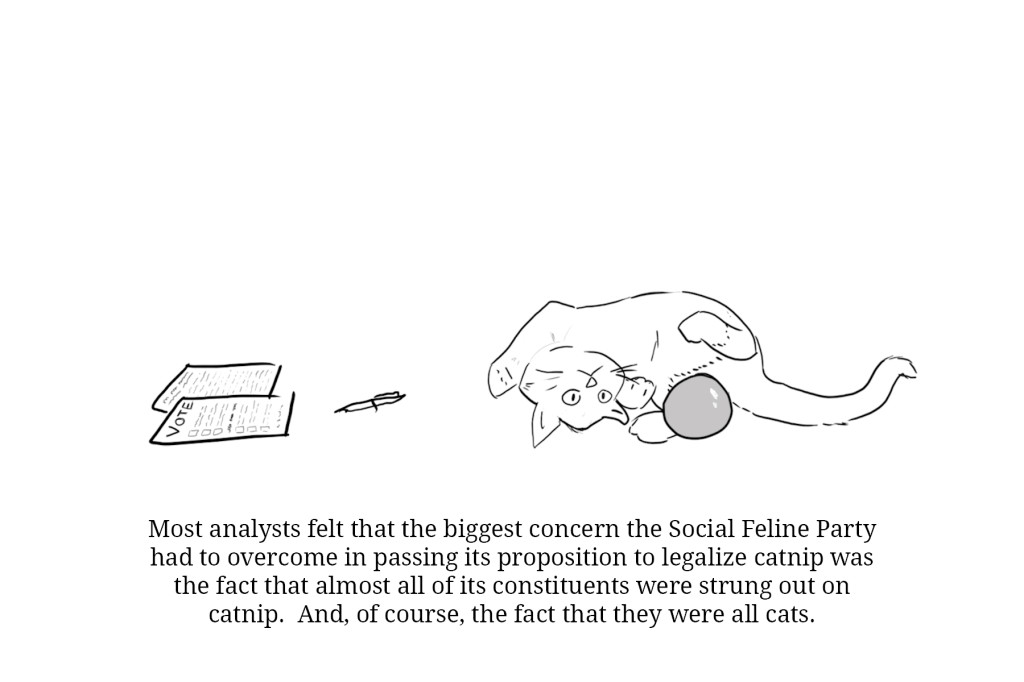With a culture that sometimes glamorizes, and even in some cases promotes, the use of marijuana, it’s no small wonder that the plant is still considered an illegal substance. Proposition 19 seeks to change that.
If passed, Prop 19 would allow for the legal sale, cultivation, transportation, and possession of marijuana in the state of California and, much like alcohol, you would have to be 21 or older to purchase or grow the drug.
Currently the sale of marijuana is illegal so there is no way to tax or regulate this market, which means that the state of California – which almost always seems to be teetering on the brink of bankruptcy – is missing a prime opportunity to increase revenue.
Should the proposition pass, local governments would be allowed to charge sales tax on marijuana and would see an estimated increase in revenue of at least a billion dollars.
New tax revenue from legalization won’t be a financial cure-all for the state, but it will bring in much needed funds that will hopefully help take some of the burden off our cash-poor state.
In addition to the increase in revenue, the state would see a drastic decrease in costs because California would no longer have to spend state and city resources pursuing nonviolent drug crimes.
According to the official voter information guide, California stands to gain “potential correctional savings or several tens of millions of dollars annually.”
This is not to say that violent drug crimes associated with marijuana don’t happen. However, a large portion of these are because of drug cartels. Like the prohibition-era mob, these cartels are predominantly funded by the under-the-table demand for an illegal substance.
But if Prop 19, passes domestic sources will have the ability to grow and sell marijuana in a controlled and regulated fashion and the demand for product from these cartels will dry up – much the way illegal distilleries and speakeasies went the way of the dinosaurs once the United States’ prohibition on alcohol was lifted.
Currently medical marijuana is legal in California and the drug has been largely decriminalized.
Actually legalizing the substance that many studies point to being far less harmful than cigarettes and alcohol will allow people to make their own choices about what they put in their bodies and the state will profit financially at the same time.
Contact the Inquirer editorial board at inquirer@dvc.edu





































































